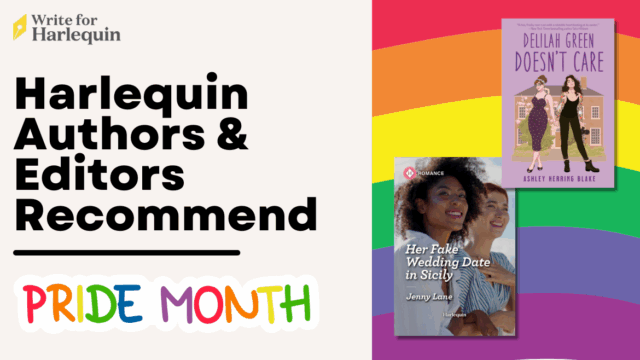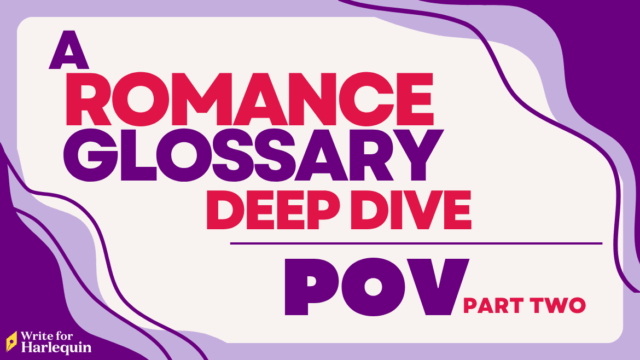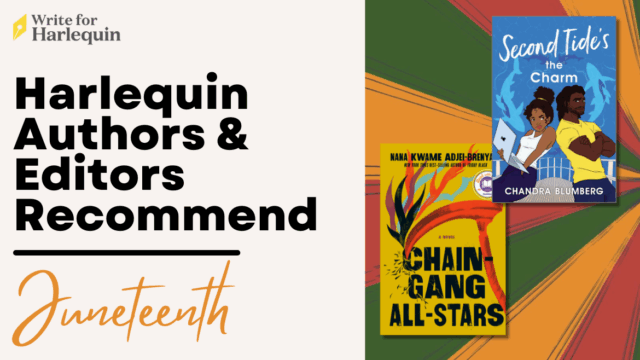by Caroline Acebo
So you've finally decided to write your book. Or perhaps you're double- or triple-checking a few plot points in your story before you submit your manuscript for this year's So You Think You Can Write contest. Either way, your characters are speaking to you. You can see their world in your mind. You sit down to write.
And something very telling happens.
You might roll up your sleeves and immediately dive into writing, getting a feel for the characters and their world, letting the details reveal themselves as you go. You might have a general idea of how the story will end or how the characters will develop, but you're not really tied to that. Instead, you're more focused on going where the story takes you. You refuse to get stuck in all the little pre-planning details. That's because you, Pantser, are most likely to feel comfortable writing when you are the conduit through which the story is told.
Sometimes writing by the seat of your pants has you soaring, climbing the heights of freewheeling creativity. You're not bogged down by minutiae. You write like a crazed, inspired fiend. Other times, you crash and burn.
Conversely, the rest of you out there might crack your knuckles and whip out your outline, your Post-Its, or your 3 x 5 notecards and hunker down until you have the larger and finer points of your plot and characterization down pat before you even think about jumping into the actual writing part. Because worst-case scenario is you get halfway through your manuscript and realize you wound up at Point B when you thought you were heading toward Point A. The horror!
That's because you, Plotter, are likely to feel most comfortable writing when you are the puppet master of your story. Plotting your story out, chapter-by-chapter and scene-by-scene, gives you the sense of comfort and direction you need to write. You have purpose, sent to you directly from the muses. They have blessed your outline with plot twists galore!
But sometimes you get caught up in the details and can't move forward until you figure out how the minutiae of your plot and characterization fit together. Maybe you get stuck before you even start.
One writing style is not better than the other, and editors love both equally. Here's a secret: we can usually tell within a few chapters which you are and can immediately understand where you'll find difficulties in the writing and revision process.
Here are a few things editors appreciate about both styles and a few things both can keep in mind when writing.
Why editors love Pantsers: You write with such flair and gusto, and your scenes are imbued with in-the-moment passion.
What you can work on: Tying loose ends together and making sure plot points lead logically from one to the other.
How to get unstuck: You've most likely written yourself into a corner. Chances are you've realized what the story is really about and you're 20 or 30 thousand words in and you don't want to start all over. Put your manuscript aside and start outlining. It might sound horrible, but until you give yourself a roadmap, you could stay disoriented—and all of that creative momentum could go out the window.
Why editors love Plotters: All the moving parts of your stories line up so very beautifully. And plot holes? What plot holes?
What you can work on: While the finished product is usually very clean, we know that Plotters tend to have the most difficulty upfront in the planning stage. In fact, sometimes, it's hard for you Plotters to even get to the real business of writing because you might be stuck on outlining the scenes that could be in chapter ten—if all goes according to plan!
How to get unstuck: Break out your pen(cil) and notebook and handwrite a few pages of stream-of-consciousness material. Feel free to let it all out: how much you hate your book or how you should have made a larger pot of coffee that morning. It doesn't matter. Let yourself stop planning for a few minutes. You might be surprised by the results.
So which are you? We'd love to know! If you have any tips for getting unstuck or any insights into the opposite writing style, post your experiences below.




